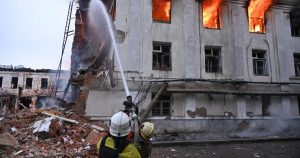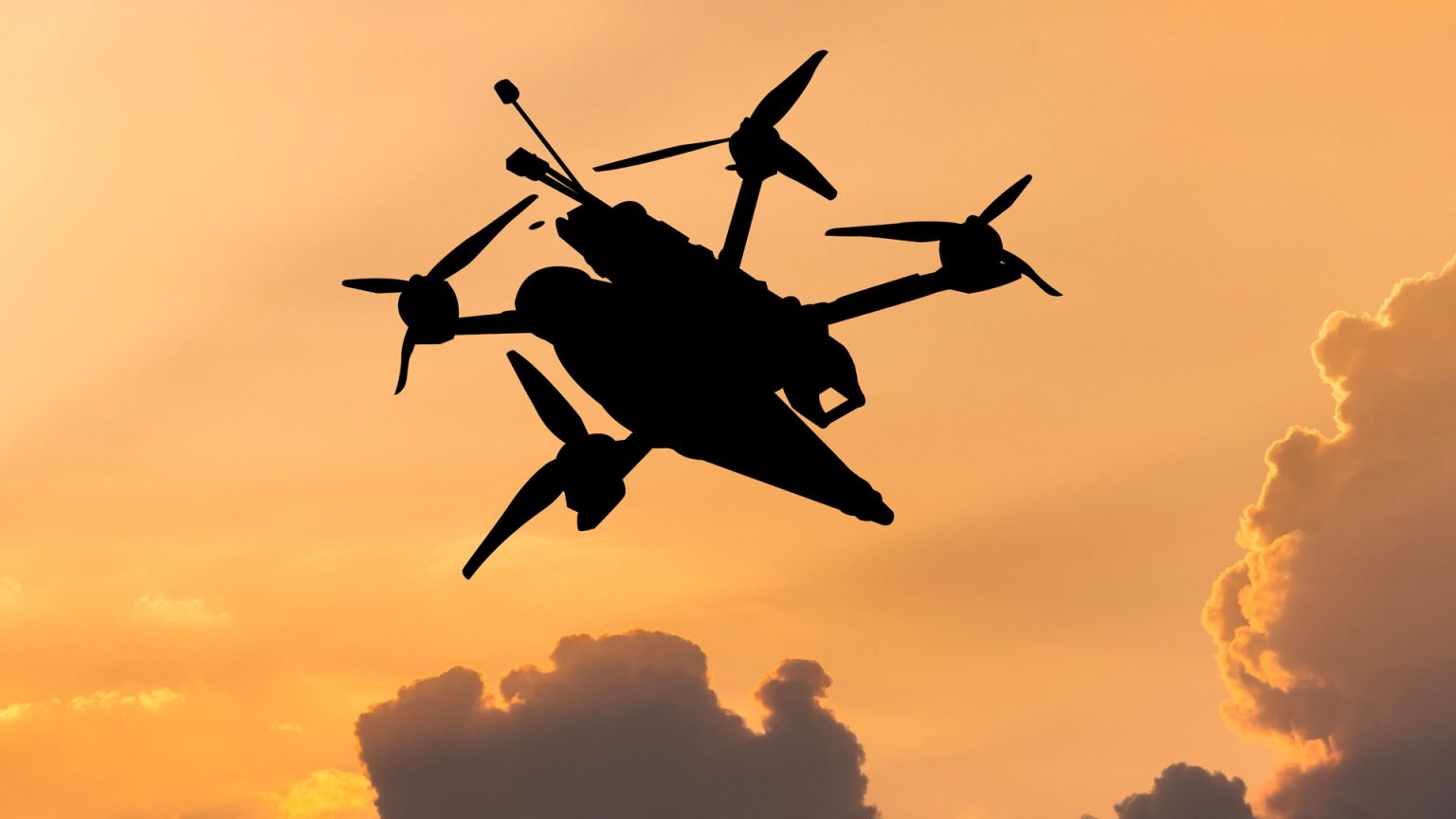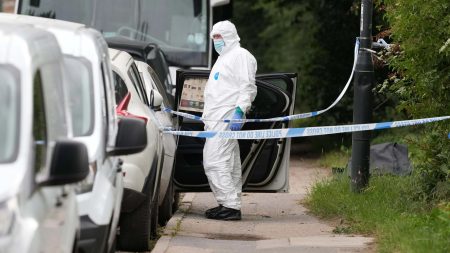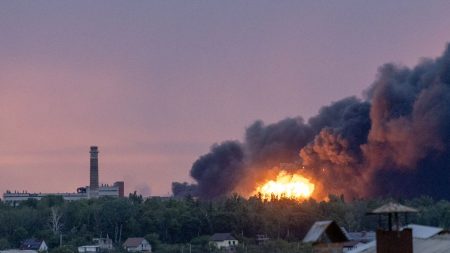The Hempstead Police Department (HPD), situated on Long Island, an hour from New York City, is pioneering a new era in emergency response by deploying autonomous drones. This innovative program, the first of its kind in New York, aims to drastically reduce response times and enhance officer safety. Developed by Flock Safety, a company specializing in public safety technology, the drone-as-first-responder (DFR) system utilizes strategically positioned docking stations throughout the city. These docks, equipped with battery swapping capabilities, enable the drones to remain constantly charged and ready for deployment. Upon receiving an emergency call, the drones can be airborne and en route to the scene within an average of 85 seconds, covering a radius of up to four miles. This rapid response allows officers to quickly assess the situation, potentially de-escalate dangerous scenarios, and gather crucial information before arriving on the scene, ultimately leading to safer and more efficient emergency management.
This groundbreaking technology represents a significant leap forward in public safety. Traditional response times for emergency services are often constrained by traffic, distance, and the availability of personnel. The DFR system circumvents these limitations, providing an immediate aerial perspective of the incident. This real-time visual intelligence allows responding officers to gain a comprehensive understanding of the situation, enabling them to make informed decisions and deploy appropriate resources. The drones effectively act as an advanced scouting unit, providing critical situational awareness that can be instrumental in protecting both officers and civilians. Furthermore, the rapid deployment of drones can be particularly valuable in time-critical situations such as active shooter events, fires, and medical emergencies, where every second counts.
The integration of the DFR system with HPD’s existing infrastructure further enhances its effectiveness. Flock Safety also provides HPD with license plate reader (LPR) cameras and video surveillance systems. These interconnected technologies create a comprehensive surveillance network that streamlines information flow and accelerates response times. The LPR cameras, capable of identifying stolen vehicles, wanted individuals, and missing persons, provide valuable data that can be relayed to the drone dispatch system. This real-time information exchange allows drones to be deployed with greater precision and purpose, maximizing their impact on crime prevention and emergency response. The entire system is managed through the city’s real-time information center, providing a centralized hub for monitoring and coordinating all aspects of public safety.
While the potential benefits of the DFR program are undeniable, its implementation also raises important considerations regarding privacy and data security. The use of drones for surveillance, coupled with LPR technology, presents potential challenges to individual liberties and the right to privacy. Concerns about data retention policies, the potential for misuse of information, and the possibility of discriminatory targeting need to be addressed to ensure the responsible and ethical use of this technology. Balancing the benefits of enhanced public safety with the protection of individual rights is crucial for maintaining public trust and ensuring the long-term success of such initiatives. Open communication and transparency regarding data collection practices and safeguards will be essential to address these concerns and foster community acceptance.
The experience of other cities, such as Austin, Texas, which also utilizes Flock Safety’s LPR technology, highlights the complexities surrounding the implementation of such systems. While law enforcement agencies tout the effectiveness of these technologies in apprehending criminals and solving cases, concerns have been raised by residents regarding privacy violations, data security, and the potential for racial profiling. Instances of “false positive” stops, where individuals are pulled over based on inaccurate LPR readings, have further fueled public distrust. These issues underscore the need for rigorous oversight, clear regulations, and ongoing community engagement to mitigate potential harms and ensure that these technologies are used responsibly and ethically.
The Hempstead Police Department’s adoption of the DFR system marks a significant advancement in the evolution of emergency response. This innovative technology offers the potential to significantly improve response times, enhance officer safety, and contribute to more effective crime prevention. However, the implementation of such technologies necessitates careful consideration of privacy implications and the establishment of clear guidelines to ensure their responsible and ethical use. As drone technology continues to evolve and become more integrated into public safety operations, striking a balance between enhanced security and the protection of individual rights will remain a critical challenge. Open dialogue, community engagement, and robust oversight will be essential to navigating this complex landscape and harnessing the full potential of these technologies while safeguarding fundamental freedoms.











